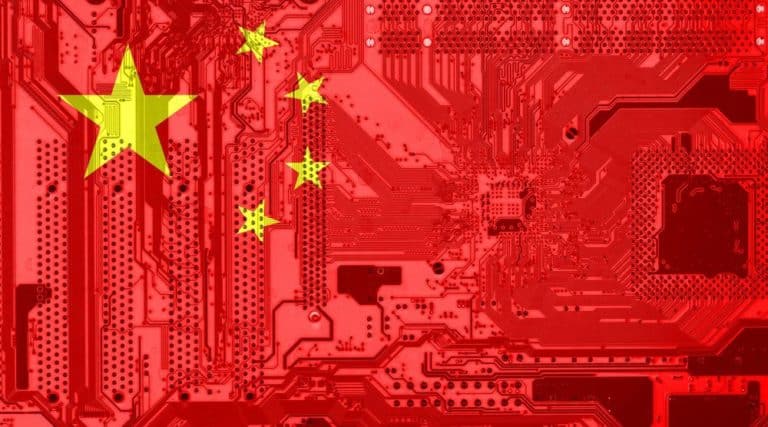The Taiwanese oligarch says that US sanctions are necessary to “slow down China’s progress”.
Morris Chang, the 91-year-old founder of chip making giant Taiwan Semiconductor Manufacturing Co. (TSMC) this week told Bloomberg that globalization for the chip industry is “over”. Chang, whom Bloomberg describes as an “industry pioneer” also expressed support for US efforts to limit China’s tech advancement through export curbs and targeted sanctions.
“In the chips sector, globalization is dead. Free trade is dead,” Chang said at an event in Taipei Thursday. “Just look at the way China has been embargoed and the entity list. I agree with that.”
A warning that Taiwan may be expendable
Chang went on to say that the global chip supply chain will grow “even more bifurcated” as the US acts to impede China’s access to the most advanced technology.
“I certainly support that part of American industrial policy to slow down China’s progress”, Chang declared. In fact, China is “at least five to six years behind Taiwan in chip making technology”, he opined.
That said, the chip magnate warned that Taiwan should not be naive about its position relative to the US. When American leaders speak of “friend-shoring” high-tech manufacturing, Taiwan is not included in that policy, Chang said. He pointed out that US officials have repeatedly voiced concerns about relying on Taiwan.
US contemplating “extreme measures”
Indeed, recent remarks by US Commerce Secretary Gina Raimondo would seem to support Chang’s cautionary advice. In July 2022, Raimondo described US dependence on Taiwan for advanced chip making as “untenable”. And the US Chips and Science Act is specifically designed to lure companies like TSMC and South Korea’s Samsung Electronics to move their operations within US territory.
Indeed, the motivations behind the US legislation are clear. The US fears that China will at some point try to seize Taiwan by force, a prospect that Bloomberg says has pushed some inside Washington “to contemplate drastic measures”. For example, it is now an open secret that US officials have planned scenarios in which Taiwan’s vaunted semiconductor industry would be destroyed to prevent it falling into China’s hands.
